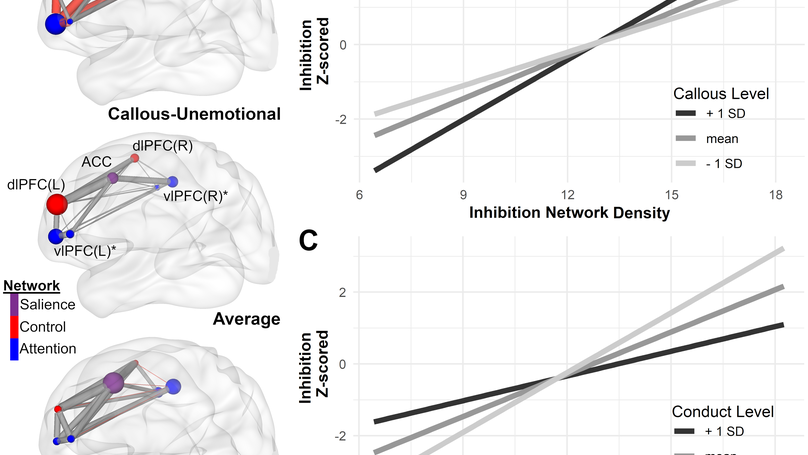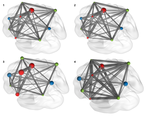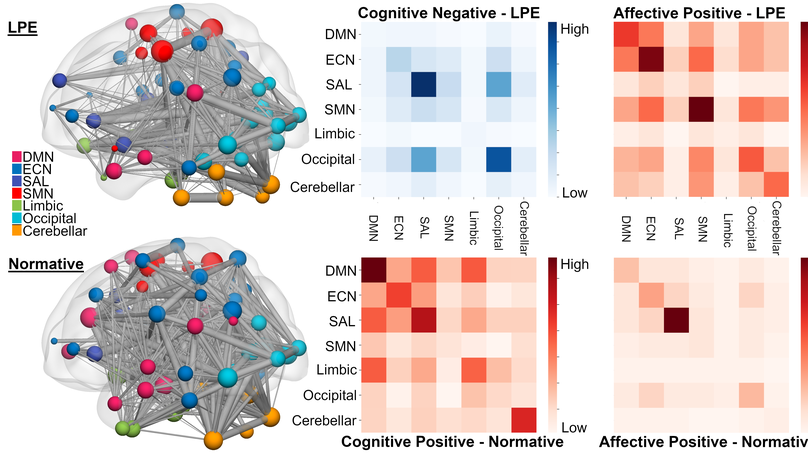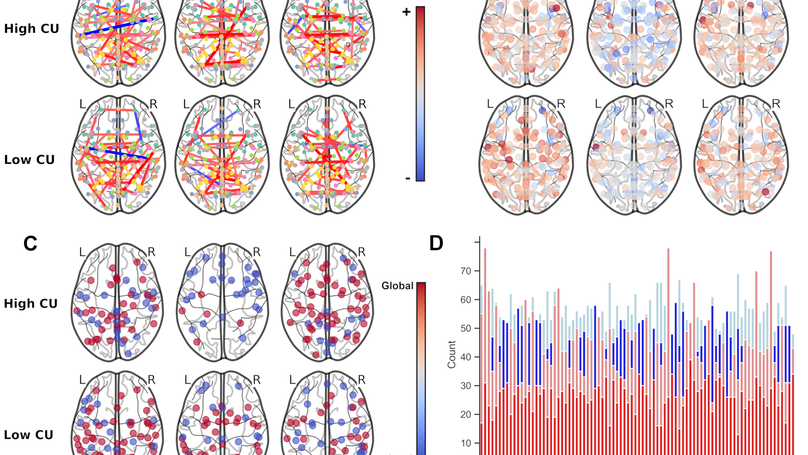Drew E. Winters, PhD.
Assistant Professor of Psychiatry
University of Colorado Anschutz Medical Campus
Developmental Psychobiology Research Group
Drew E. Winters, PhD, holds an Assistant Professor appointment in the Department of Psychiatry at the University of Colorado Anschutz Medical Campus, where he directs the Affective Social Cognition, Executive functioning, and Neural-Development lab (ASCEND).
His research broadly aims to understand neural processes linking social cognition and executive functioning to mental health and social behavior across adolescence and into adulthood. These processes can be profoundly impaired—particularly in individuals with phenotypes associated with antisocial behavior (e.g. callous-unemotionality, psychopathy). Drew’s work investigates how social and executive functions interact as a psychological mechanism as well as the implicated brain mechanisms (circuits/topology/networks) contribute to the development of these traits.
To address these questions, Drew integrates functional neuroimaging, network science, and advanced statistical modeling (e.g., computational modeling, machine learning, growth curve modeling). The overarching goal of his work is to identify replicable brain mechanisms that explain the socio-affective and neurocognitive disruptions observed in youth with antisocial tendencies. This research holds promise for improving the development and evaluation of targeted interventions for these populations.
- Social Cognition
- Cognitive Control
- Antisocial Phenotypes
- Quantitative Methods
- Developmental Psychobiology
- Open Science
-
T32 Postdoc in Developmental Psychobiology, 2023
University of Colorado Anschutz Medical Campus
-
PhD in Social Work / Quantitative Psychology, 2020
Indiana University
-
MSW, 2015
Indiana University
-
BS in Human Services / Psychology, 2013
Purdue University
Skills
Projects
Featured Publications & Preprints
See CV or Google Scholar for all publications

This project employed advanced statistical approaches to redress issues in the field examining antisocial phenotypes in relation to executive functions. We found some support for existing literature while extending it to demonstrate distinct brain and executive function associations in the presence of Callout-Unemotional traits and Conduct Problems.
Listed Publications & Preprints
See CV or Google Scholar for all publications
You can search my publication listing here
Software
Open source software
Certifications
Contact
- drewEwinters (at) gmail.com
- 13001 E 17th Pl, Bldg 500, Mail Stop F546, Aurora, CO 80045
- Follow Me









